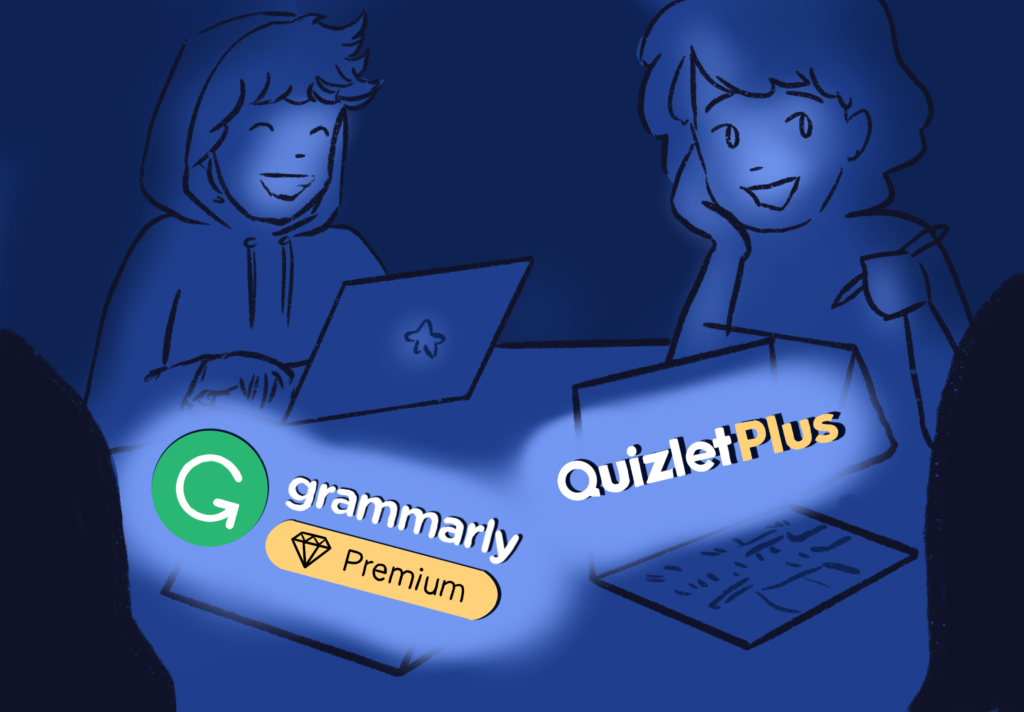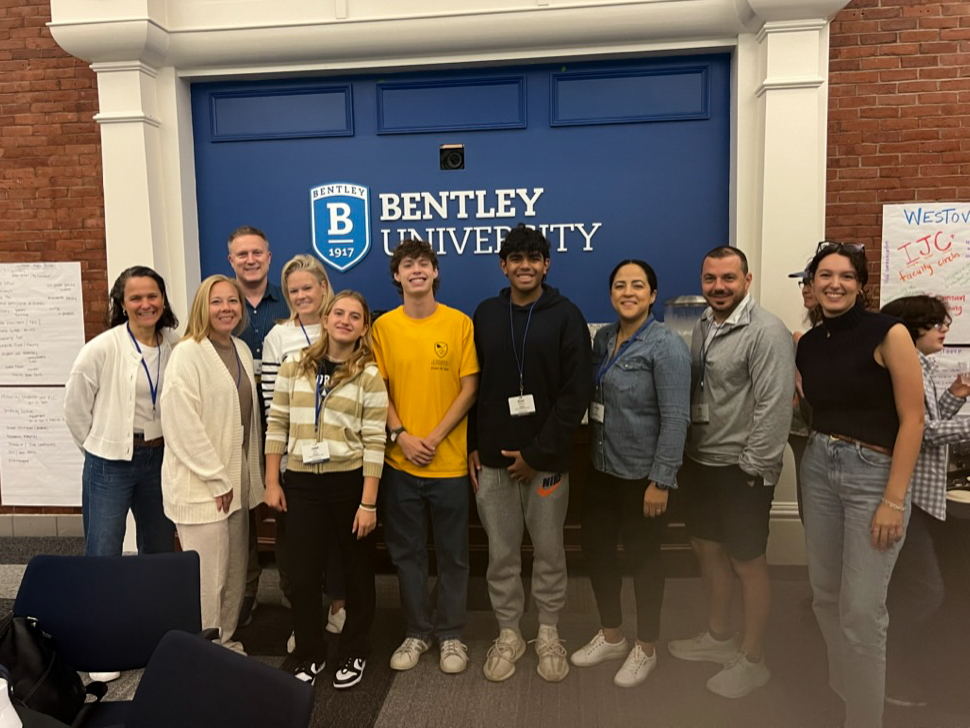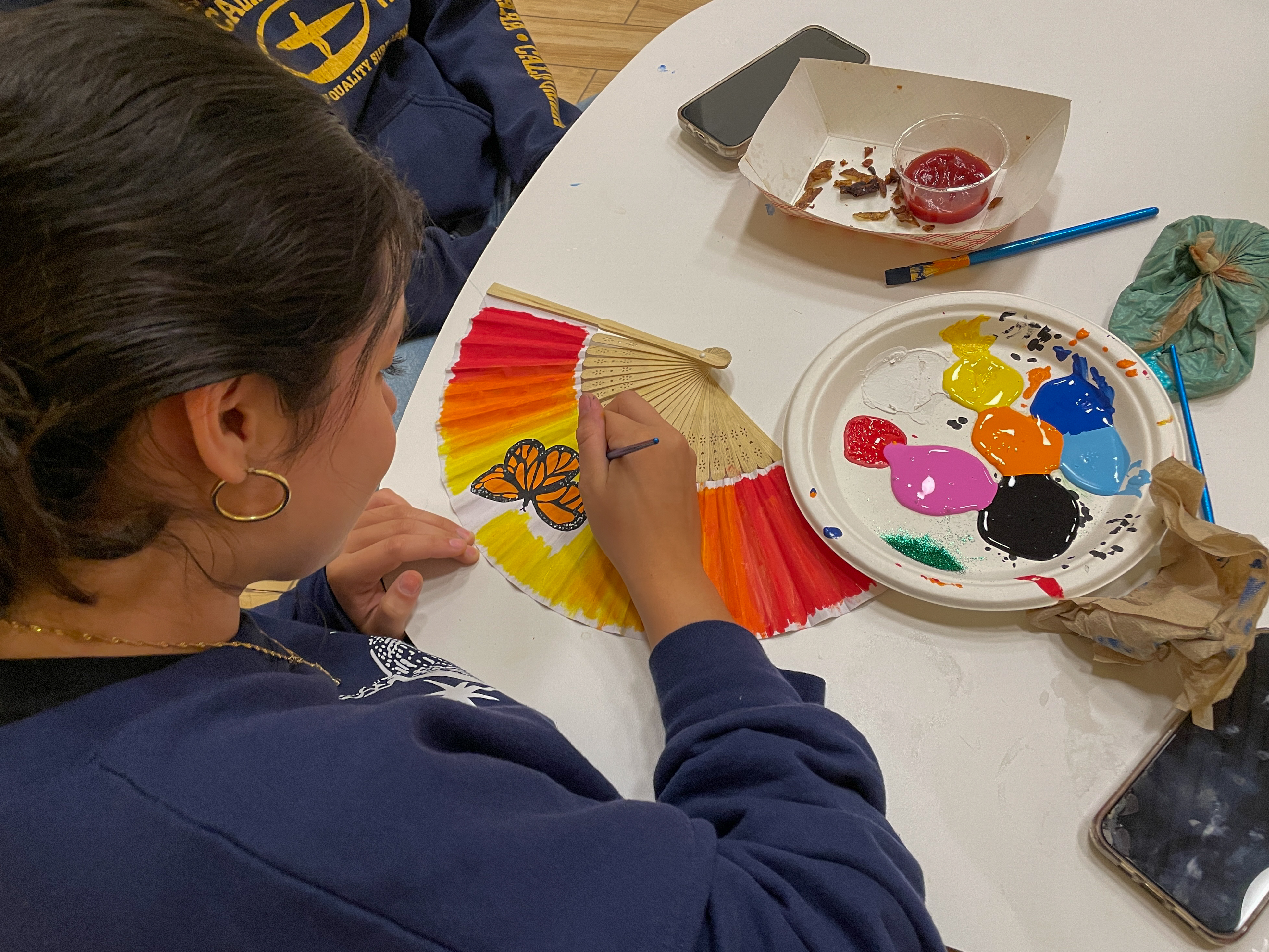Posted in the common room of every dorm is a list of students involved in support groups like Assessment Team and Peer Educators. Yet the purpose and duties of these groups are still unclear to some students. Many have limited knowledge about what these groups do and how to reach them. Josephine Mah ’18 said, “All I know about the Assessment Team is that they’re there if you’re concerned about a friend.” Tippa Chan ’19 said, “I know what the Assessment Team does, and I find it useful – but I’m not so sure about the Peer Educators.”
Ms. Judie Bender, faculty adviser to the Assessment Team, recognizes that a main problem with these support groups is students’ hesitance to use them. “I don’t think students tend to turn to the Assessment Team often,” she said. “For some reason, people don’t remember that that resource is available.” Sydney Jones ’17, a member of the Assessment Team, agreed that it feels “underutilized.” She thinks that the Assessment Team should work on “creating more of a connection with the students earlier in the year.” She explained, “We didn’t do a lot of school meetings in the beginning of the year to let people know what Assessment Team was and how it should be used.”
The Peer Educators seem to have a similar problem with lack of student awareness. “In order to improve Peer Educators we should make our presence felt more at Choate, then to make it clear that we are not the same as the Assessment Team, and we are not a tutoring group,” said Peyton Gaughan ’18, who joined Peer Educators this academic year. She continued, “I think most people don’t come to us simply because they are unaware that we are a resource. If they are aware, then some of the hesitance might come from them not believing that we can actually help — a similar thought towards many of the resources on campus.”
Both the Assessment Team and the Peer Educators are a group of Choate juniors and seniors who are meant to serve as a resource for their peers who may be seeking help. Peer educators are a source of advice and answers to questions about confusing, difficult, or uncomfortable topics. If a student notices a health related problem in either themselves or their friend, they can make a referral to the Assessment Team, a group of 13 students who meet weekly to discuss the problems of students who have been referred to them. If appropriate, they then get the student help from the Health Center. The Assessment team receives, on average, 20-25 referrals per year.
“The Assessment Team is responsible for being the eyes and ears for the staff in the Health Center that help with mental health at Choate,” described Jones. She continued, “Assessment team is made up of a lot of different kinds of students so that we can permeate all different groups at Choate.”
The Peer Educators focus more on conversation and communication with the community. Explained Gaughan, “Peer educators meet once a week to discuss, plan, and reflect on various ideas that we could talk to students about. Then, once we pick a topic, we separate into groups and plan dorm visits.” So far this year, the Peer Educators have gone around to dorms to talk with third formers and new fourth and fifth formers about adjusting to life at Choate. According to Mr. Zachary Kafoglis, a faculty adviser to the Peer Educators, they “launched a campaign to educate the student body about recognizing and responding to signs of unhealthy habits regarding use and abuse of drugs and alcohol.” The Peer Educators may also hold an open forum in the spring term about these topics. “This is a new event for the Peer Educators that we are excited about,” said Mr. Kafoglis.
Besides the confusion surrounding them, another problem with these student support groups is misconceptions within the student body, which these groups have not completely eradicated. One is that many of these conversations are spurred by gossip and that turning to them for support is comparable to spreading a rumor. “I think it’s always going to be a concern for students that their problems will turn into gossip. However, I can assure everyone that it does remain completely anonymous,” said Gaughan.
“Another misconception about referrals is that the faculty members now know the problem of that individual. The academic faculty are not involved. Those at the health center are involved, typically Ms. Bender, who is our faculty adviser,” explained Jones. “It’s completely confidential, and no one but the Assessment Team and that faculty member know.”
However, Jones can understand why people have these misconceptions. “It’s very interesting because at Choate, when you say something, oftentimes you hear about it again. So you feel this paranoia that you can’t tell anyone, or else everyone’s going to know the next day. And, in a lot of cases, that’s true. However, in cases with the Assessment Team, I personally have not been a part of a referral that people now know about.”
Some students also may be reluctant to consult with the Assessment Team because they are unsure of the result. “Another misconception is that referrals result in disciplinary action,” said Jones. Ms. Bender explained this further: “There’s no discipline involved in making referrals to the Assessment Team.” She pointed out, “In the case of a referral about a rule violation, it’s better to have a conversation with the Assessment Team than another faculty member, which may lead to a disciplinary response. For the Assessment Team, there is absolutely no disciplinary response. None.”
Ms. Bender also suggests that Choate’s student support groups may not be using all their resources to the fullest — more specifically, each other. “How do a vast number of student support groups begin to work together and provide a more community-concerted effort to provide support on campus?” she inquired. Mr. Kafoglis brought up one example of this: “The Peer Educators can direct students to the Assessment Team.” However, Ms. Bender pushes that “there’s a commonality that we could be sharing in a better way, and we could be working in concert with other groups that would encourage students to come forward with their concerns.”
Overall, the sole concern about student support groups is that they are being cast aside due to unclear communication of their purpose and procedures. “There’s a lot of mythology surrounding support groups where we provide assistance and mental health services to kids. Maybe there are some suspicions or complications in trust that are going on,” said Ms. Bender. “So we need to address all these issues simultaneously.”
Jones agrees that students’ reluctance to use these resources is a major problem. “It’s just quite unfortunate that this is a view that people have of the Assessment Team, because I think it is a tool that is heavily underutilized at Choate. There are a lot of people who do get the necessary help they need.”




